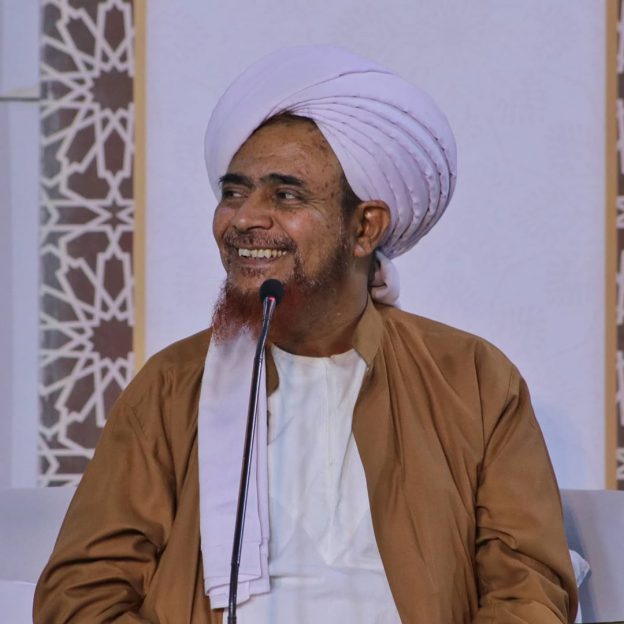A Summary of Lesson Two of Sayyidi Habib Umar bin Hafiz’s commentary on “Miftah al-Sarair” (“Key to the Inner Secrets”) by his ancestor, Shaykh Abu Bakr bin Salim. The book contains essential advice for every seeker.
Obedience
One of the pious said: “A slave does not ennoble himself with anything greater than obedience to Allah. A slave does not abase himself with anything greater than disobedience to Allah.”
If you make light of your acts of disobedience the punishment for them will be greater.
If you think nothing of your acts of obedience the reward for them will be greater.
If you are proud of your acts of obedience the reward for them will be reduced or removed entirely.
If you are fearful of Allah after committing acts of disobedience the punishment will be reduced or Allah will overlook them.
Shaykh Abu Bakr bin Salim (may Allah have mercy upon him and benefit us by him) likens acts of obedience to garments. Each time you perform an act of obedience it is as if you are adorning yourself with a new garment. Each garment has a specific light, degree and reward. Its light will be manifest on the Day of Judgement. Allah says: The clothing of taqwa is the best.[1]
Intention
Shaykh Abu Bakr says: “Make a firm resolve to perform good actions in your day and night”
One of the greatest wisdoms behind Allah creating day and night is that during the night someone can make up for what they missed during the day and during the day someone can make up for what they missed during the night.
Days and nights make up a week, weeks makes up months and months make up years so your lifespan in reality is only a day and a night. The one who succeeds is the one who takes advantage of it.
Imam al-Junayd said that one good intention opens seventy of the doors of tawfiq (Allah’s enabling grace).
Whenever one of the pious scholars went on a journey he would tell his companions to take with them a large number of books. They said: “There will not be time to read all these books.”
He replied: “Let us be sincere with Allah and then we will be rewarded for the intention to read these books even if we do not read all of them.”
When the pious people of Tarim sent their children out on an errand they would say to them:
“If you come across a blind person show him the way, if you find someone carrying something heavy assist him, if you find the door of a mosque open close it so that no animals enter it and if you find something harmful on the ground remove it.” Thus they would teach them many intentions for which they would be rewarded even if they did not come across any of these things.
Long hopes
To have long hopes is to be certain that you will live long and that death is something distant. This causes you to delay performing good deeds. If you are certain that you will live even one hour longer it is as if you are dictating to Allah what your state will be. You do not have the right to dictate to Allah.
The Prophet ﷺ said that there are four signs of wretchedness: a dry eye (which never sheds tears), a hard heart, greed and long hopes.
To have long hopes goes against the advice of the Prophet ﷺ to pray each prayer as if it is your last prayer.
Sayyiduna Abu Bakr said to Sayyiduna `Umar when he passed the caliphate to him: “You must realise that there are certain actions which you must perform for Allah’s sake during the night that He will not accept during the day, and there are certain actions which you must perform for Allah’s sake during the day which He will not accept during the night.”
Click here to listen to the recording with translation.
[1] Al-A`raf, 7:26

